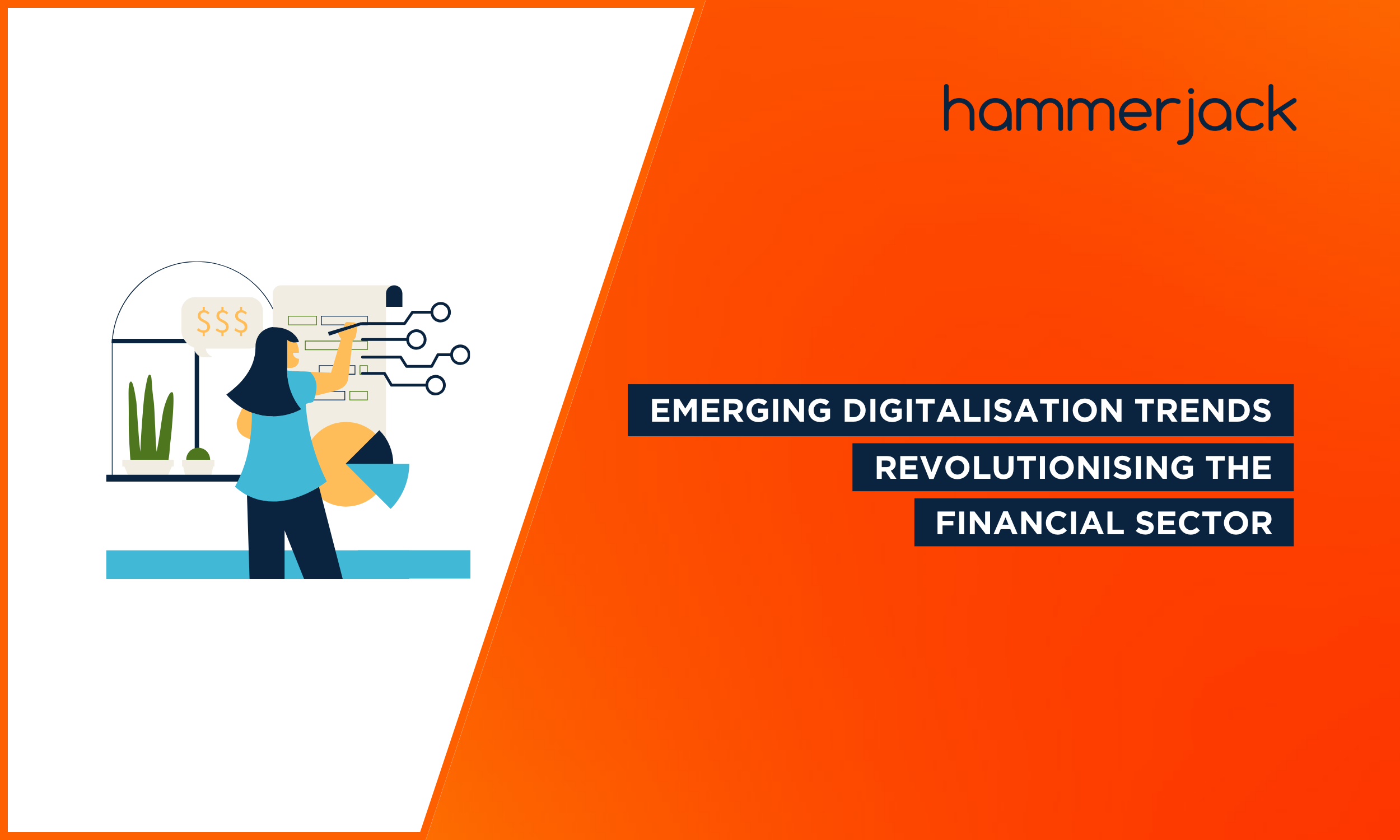Emerging Digitalisation Trends Revolutionising the Financial Sector
The financial sector has always been a hotbed for innovation and rapid growth. In recent years, digitalisation has become the driving force behind many of these advancements, reshaping the industry’s landscape and creating new opportunities for businesses and consumers alike. As financial institutions continually strive to provide better services and products, embracing digital transformation is no longer an option but a necessity.
In this article, we will explore some of the emerging digitalisation trends in the financial sector, with a particular focus on outsourcing as a significant player in this digital revolution. We will also discuss how businesses can benefit from offshoring their financial services and the opportunities it provides.
Outsourcing and Offshoring
Outsourcing has become a key trend in the financial sector, with businesses across the globe recognising its potential for cost reduction, operational efficiency, and access to specialised talent. By offshoring financial services, institutions can focus on their core competencies and leverage the expertise of their outsourcing partners.
Offshoring offers a wealth of benefits, including lower operational costs, streamlined processes, and access to skilled professionals with expertise in specific areas such as compliance, risk management, and data analytics. This enables financial institutions to remain competitive and agile in an ever-changing market landscape.
Artificial Intelligence and Machine Learning
AI and ML technologies are revolutionising the financial sector by automating repetitive tasks, enhancing decision-making processes, and providing valuable insights through data analysis. Financial institutions are increasingly adopting AI-powered solutions to improve customer service, detect fraud, and optimise investment strategies. Machine learning algorithms can process vast amounts of data in real-time, enabling organisations to identify patterns and trends that human analysts might miss.
Blockchain and Distributed Ledger Technology
Blockchain technology has the potential to transform the financial industry by providing secure, transparent, and efficient solutions for various applications, including payments, remittances, and smart contracts. Financial institutions are exploring the use of blockchain to streamline processes, reduce costs, and enhance security in transactions. Additionally, distributed ledger technology can help minimise the risk of fraud and errors, which are common in traditional financial systems.
Open Banking and APIs
Open banking, enabled by APIs (Application Programming Interfaces), is another trend driving digitalisation in the financial sector. It allows third-party developers to create new financial products and services by accessing customer data from banks and other financial institutions. This promotes innovation, competition, and collaboration within the industry and provides consumers with a wider range of personalised financial services.
Cybersecurity
As the financial sector becomes increasingly digitalisation, ensuring the security of sensitive data and customer information is paramount. Cybersecurity is a top priority for financial institutions, as they invest heavily in advanced security measures to protect against cyber threats and ensure compliance with data protection regulations. This includes adopting multi-layered security strategies, employing encryption technologies, and monitoring systems for potential threats.
Digitalisation in the financial sector has led to the emergence of various trends, with outsourcing and offshoring being a crucial aspect of this transformation. By embracing these trends, financial institutions can remain competitive, increase operational efficiency, and provide better services to their customers.
If you are interested in learning more about offshoring and the opportunities it offers, contact us today. Our team of experts will help you navigate the complex world of outsourcing and provide tailored solutions to meet your unique business needs.

